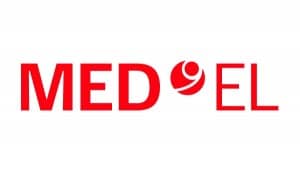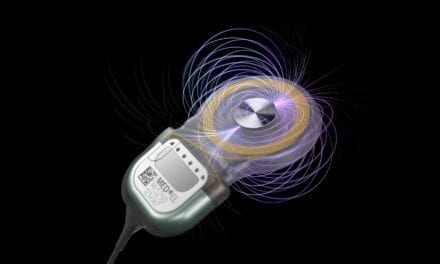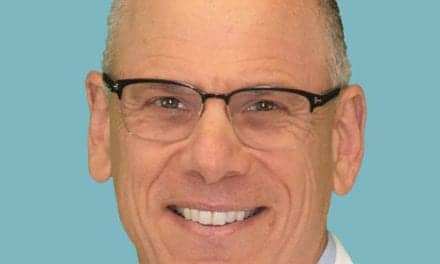
According to MED-EL, the Adjoin system comprises two parts: an adhesive adapter and audio processor that are worn together behind the ear. The system is considered a good option for people with conductive hearing loss who are unsuitable for, or who do not wish to undergo, bone conduction implant surgery. All system components are said to be easy-to-use and maintain and transmit sound to the inner ear with no applied skin pressure.
“It was my ambition to take the bone conduction field further,” said Patrik Westerkull, founder and CEO of Otorix. “With the Adjoin technology we finally have a non-implantable bone conduction solution that does not require pressure on the skin for effective and reliable sound transmission, while also providing excellent comfort and great aesthetics. I look forward to working with MED-EL in bringing this fantastic product to the market.”
The new product will be the first non-implantable hearing solution produced by MED-EL, which already offer a wide range of implantable hearing solutions. This includes the world´s first active bone conduction implant, the BONEBRIDGE. The new combination of technology and expertise in this sector will support MED-EL’s growth in key markets.
“This exciting technology will be an important supplement to our range of implantable solutions including the BONEBRIDGE,” said Dr Ingeborg Hochmair, global CEO of MED-EL. “It fills the unmet need for a non-implantable bone conduction solution and firmly enforces MED-EL’s mission to overcome hearing loss as a barrier to communication and quality of life.”
First clinical trial results in the EU have been extremely successful and development of the product continues, with an expected launch date in 2017.
Source: MED-EL






Is this available to Chicago Illinois?
Are these available in USA Alabama if so what is the nearest location please send me the info